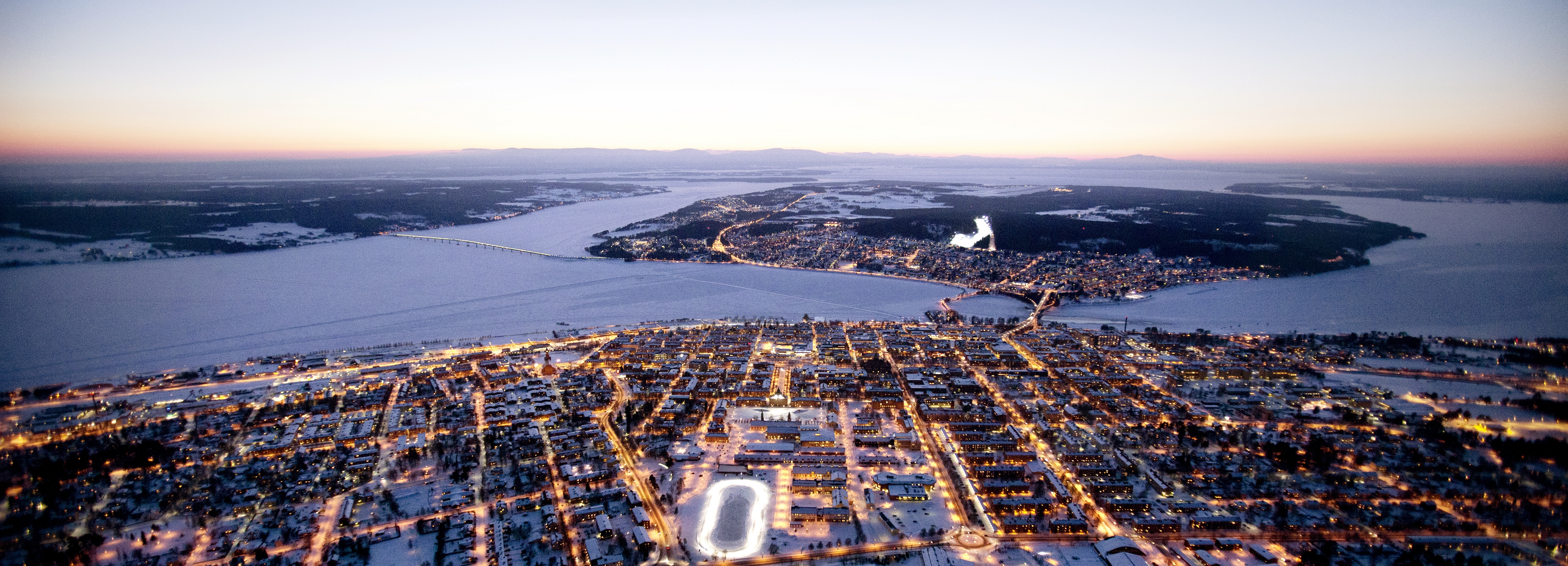
Between commemoration and dark tourism: Remembering disasters in post-disaster contexts Passed
Wednesday September 22, 2021 13:30 - 14:40 D
Workshop leaders: Cordula Dittmer, Daniel F. LorenzPresenters: Alexander Tymczuk, Cordula Dittmer, Daniel F. Lorenz, Lachlan Summers
- The Long September 19: Remembering Impermance in Mexico City, Lachlan Summers
- Disaster, Vulnerabilities and (Dark) Tourism in the Indian Himalaya, Cordula Dittmer, Daniel F Lorenz
- Between commemoration and commodification. Ukrainian public discourses on the touristification of the Chornobyl Exclusion Zone, Alexander Tymczuk
Panel description
In the aftermath of disasters questions arise whether at all and if yes, how to commemorate the disaster in cultural and social discourses, but also in public spaces. Often it is a long lasting social and political struggle who has the moral authority to shape commemoration practices, what should be commemorated, and what are appropriate means to do so. As a result, in some places specific disaster memorials are constructed which create (public) spaces and thus practices for the commemoration of the disaster and its victims. In other places practices of commemoration and recollection are not enshrined in memorials but remain more open.
A form of its own to remember and a disaster and its legacy is the emergence of dark or disaster tourism in affected areas. Dark tourism – originally describing people touring places of atrocities and war crimes – reached disaster affected regions such as Chernobyl, Fukushima, or New Orleans in recent years and is seen as highly ambivalent: While disaster tourism creates revenue in disaster areas that often suffer from tremendous decreases in tourists and visitors on the one hand, it is also heavily criticized for being voyeuristic and exploiting as well as for the on-going stigmatization of a disaster affected area on the other hand.
More recently, dark tourism has become an emerging branch of the tourism industry in the wake of disasters, for instance in India, which has fueled the discussion on disaster capitalism.
In the panel, we would like to discuss the economic and political drivers that support dark tourism to get a broader understanding of the complexity of post-disaster commemoration practices.
We invite contributions that
- theoretically, ethically and/or conceptually deal with the interconnectedness of disaster, (dark) tourism and commemoration.
- analyze the political and social struggles in dealing with the legacy of disasters.
- present historical and current case studies focusing on disaster dark tourism.
- discuss examples how the thin line between commemoration and dark tourism is contested, negotiated and maintained.
Lecturers
Cordula Dittmer Workshop leader
Disaster Research Unit (DRU), Freie Universität Berlin
Daniel F. Lorenz Workshop leader
Disaster Research Unit (DRU), Freie Universität Berlin
Alexander Tymczuk Presenter
Dr,philos.
Telemark Research Institute
I am a dr.philos. in childhood studies, and a guest researcher at the Telemark Research Institute. My research interests include Ukrainian studies, childcare in transnational families, labour migration and disaster studies. My most recent publication is ''Bringing the Virus Back Home: Media Representations of Ukrainian Labour Migrants in a Time of Pandemic". I am also a senior adviser at the Norwegian Directorate for Civil Protection.
Cordula Dittmer Presenter
Disaster Research Unit (DRU), Freie Universität Berlin
Daniel F. Lorenz Presenter
Disaster Research Unit (DRU), Freie Universität Berlin
Lachlan Summers Presenter
PhD candidate
UC Santa Cruz